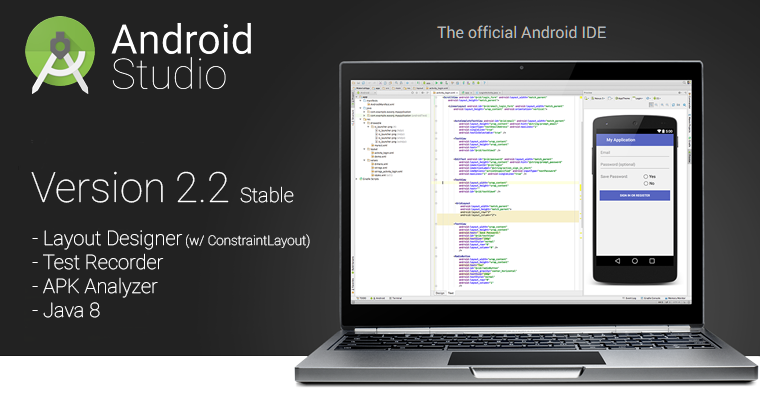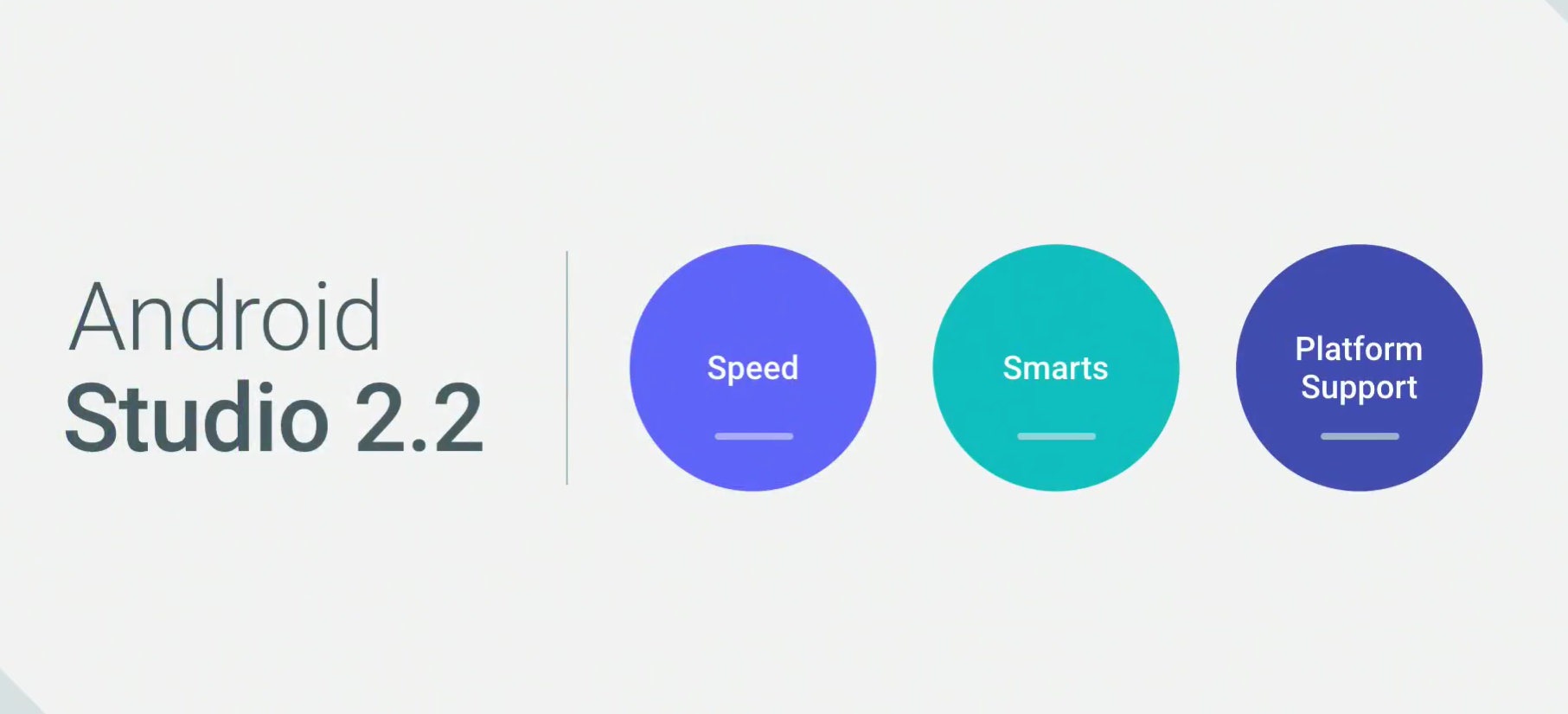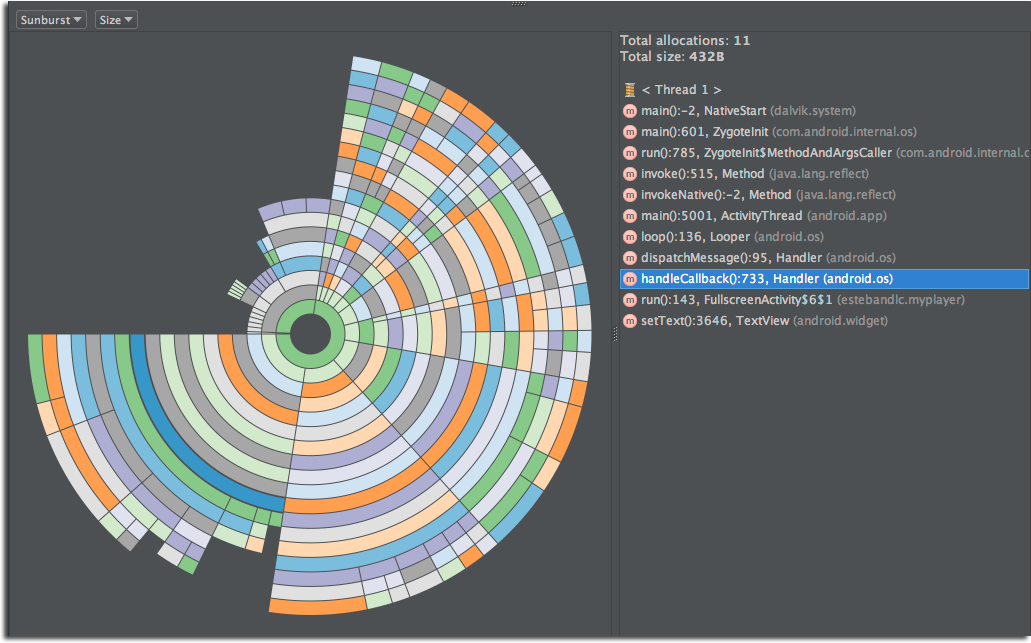latest

A large part of the What's New in Android Development Tools session at Google I/O 2015 focused on one particular feature, or rather, group of features coming to Android Studio: upcoming support for C/C++ and the Android NDK. Version 1.3 RC1 of the IDE hit the canary channel late yesterday, finally enabling developers of native apps and games to begin transitioning from Eclipse (or another IDE) to Android Studio, if they choose to. Functionality is described as "preview quality," so there are still some known issues and probably quite a few bugs.

It's been a long and winding road, but the days of Eclipse with ADT are over. In a post on the Android development blog, Google has announced that development and official support for the Android Development Tools plugin for Eclipse will be shut down at the end of this year. Google intends to focus all of its effort on improving Android Studio and advises developers move their active projects to Android Studio using the included migration tool.

Google I/O is first and foremost a developer conference. New products may be announced at the keynote, but just about everything is really meant for the people that build the apps. For Android developers, there are few things that matter more than their tools. Today, a fresh release of Android Studio hit the Canary channel, and it brings one of the most often requested features: C/C++ support.

Back in June, Google announced Android was destined to gain 64-bit support in the coming L release. A few weeks later, Revision 10 of the Native Development Kit (NDK) was posted with support for the three 64-bit architectures that would be able to run the new version of Android: arm64-v8a, x86_64, and mips64. As we close in on the official release of Android L, Google has updated the NDK to revision 10b and added an emulator image developers can use to prepare their apps to run on devices built with Intel's 64-bit chips.

Google Bumps Google TV To Android 4.2.2 Jelly Bean, LG Confirms It Will Update GTV Devices, Finally Support NDK
Google TV is the project no one in Mountain View likes to talk about. It was announced with much fanfare, but the platform has languished on an ancient
Google TV is the project no one in Mountain View likes to talk about. It was announced with much fanfare, but the platform has languished on an ancient version of Android 3.2 Honeycomb for far too long. Well, Google didn't see fit to mention it at the keynote, but Google TV is getting a fresh coat of paint with an Android 4.2.2 update.

Today, with the official release of the Nexus 4, Nexus 10, and Nexus 7 HSPA+, Google has released the Android 4.2 SDK, "a new and improved Jelly Bean."

As an Android developer, I like to keep tabs on the tools I use every day, especially ones as important as ADT for Eclipse and SDK Tools. As was the case several times before, the Android team in charge of both of them posted previews of upcoming releases of ADT 20 and SDK Tools r20, available for manual download ahead of the final releases.

The moment we've been waiting for so many months - it's finally here! I can hardly contain my excitement as I'm writing this, but both Gingerbread and the Samsung Nexus S were officially announced 30 minutes ago. As expected, the new OS bears the version number 2.3 and brings updates to the SDK and the NDK as well SDK tools and the Eclipse ADT plugin.

We told you it was coming today, and indeed here it is - Fruit Ninja, one of the most popular iOS games just entered the Android world, powered by OpenFeint.







